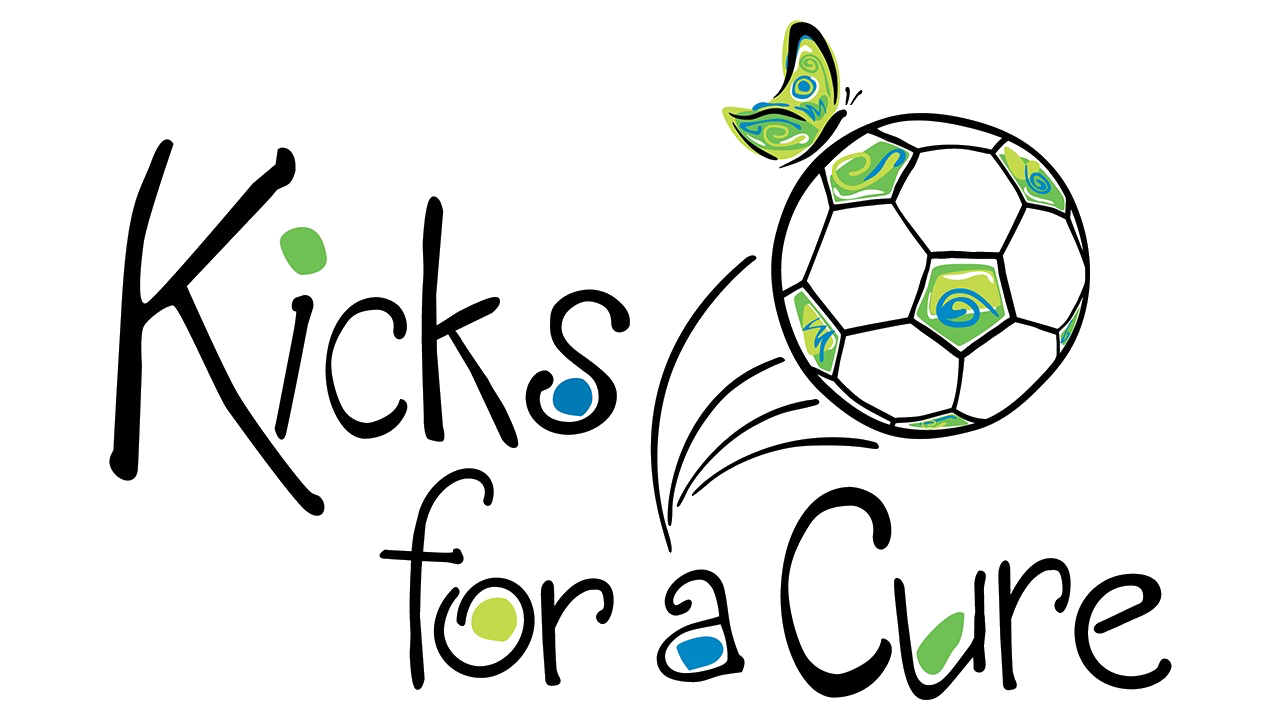WORLD-HERALD STAFF WRlTER
Published Thursday April I, 2010
Dr. Henry Lynch’s findings linking heredity to certain cancers has led to a DNA test for a genetic mutation that indicates an elevated cancer risk.
Dr. Henry Lynch has won numerous awards during his 50 years of cancer research and will receive one more on April 20.
Lynch, the 82-year-old founder of Creighton University’s Hereditary Cancer Center, will accept the annual Burchenal Memorial Award from the American Association for Cancer Research.
The award, which comes with a $10,000 prize, honors outstanding achievement in clinical research.
“This is one of the best because it’s being conferred by my colleagues from the oncology community,” Lynch said of the award. “So it really is a wonderful feeling.”
Lynch is a pioneer in linking heredity and certain cancers, including some colorectal, uterine, ovarian, stomach and pancreatic cancers. The term “Lynch syndrome” refers to the gene mutation that can lead to those cancers.
Lynch, who studied genetics in graduate school, said he made the connection between heredity and cancer while practicing medicine at the VA Medical Center in Omaha in the early 1960s. The light bulb went on, he said.
Over time, he said, he has found many families that have carried the gene mutation for decades and much longer.
Now there is a DNA blood test that can be done for around $2,400 that shows whether a person has the gene mutation. Insurance sometimes covers that test, Lynch said.
Knowing that a patient has the mutation means the patient can be screened more frequently and diagnosed sooner. Some patients have even chosen to have organs removed before cancer occurs.
“Dr. Lynch is our hero,” said Californian Linda Bruzzone, who said she battled colon cancer in the late 1990s. She then discovered through DNA testing that she had Lynch syndrome and chose to have her uterus and ovaries removed.
Bruzzone, 57, said thousands of people are alive because of Lynch’s research. She is the founder of Lynch Syndrome International, an organization that represents survivors of Lynch syndrome and brings public awareness to it.
Lynch said nobody wanted to listen to him in the early 1960s. “And that made it very difficult to get grant support,” he said.
Momentum picked up for his findings in the late 1960s, he said, and researchers worldwide began contributing to the body of knowledge about hereditary cancer.
Lynch, who holds the Heider Endowed Chair in Cancer Research at Creighton’s School of Medicine, has won major awards from the American Cancer Society, the Susan G. Komen Breast Cancer Foundation and the International Association of Pancreatology.
Lynch will give a lecture on the syndrome that is named for him when he receives the award next month in Washington, D.C.
Contact the writer:
444-1123, rick.ruggles@owh.com
